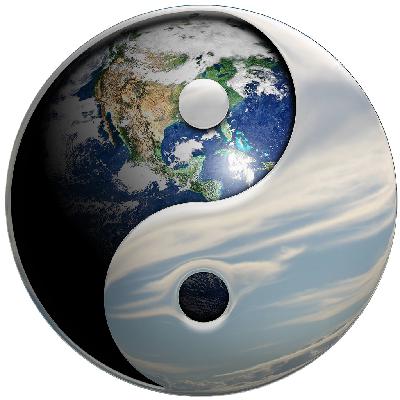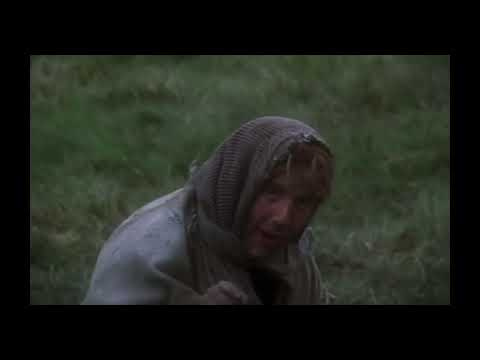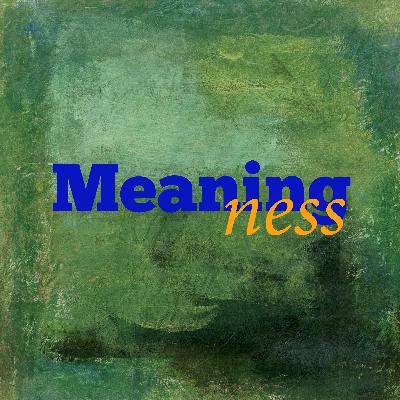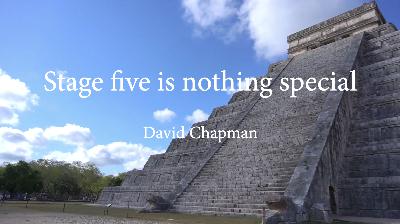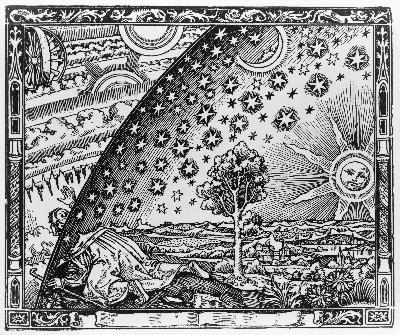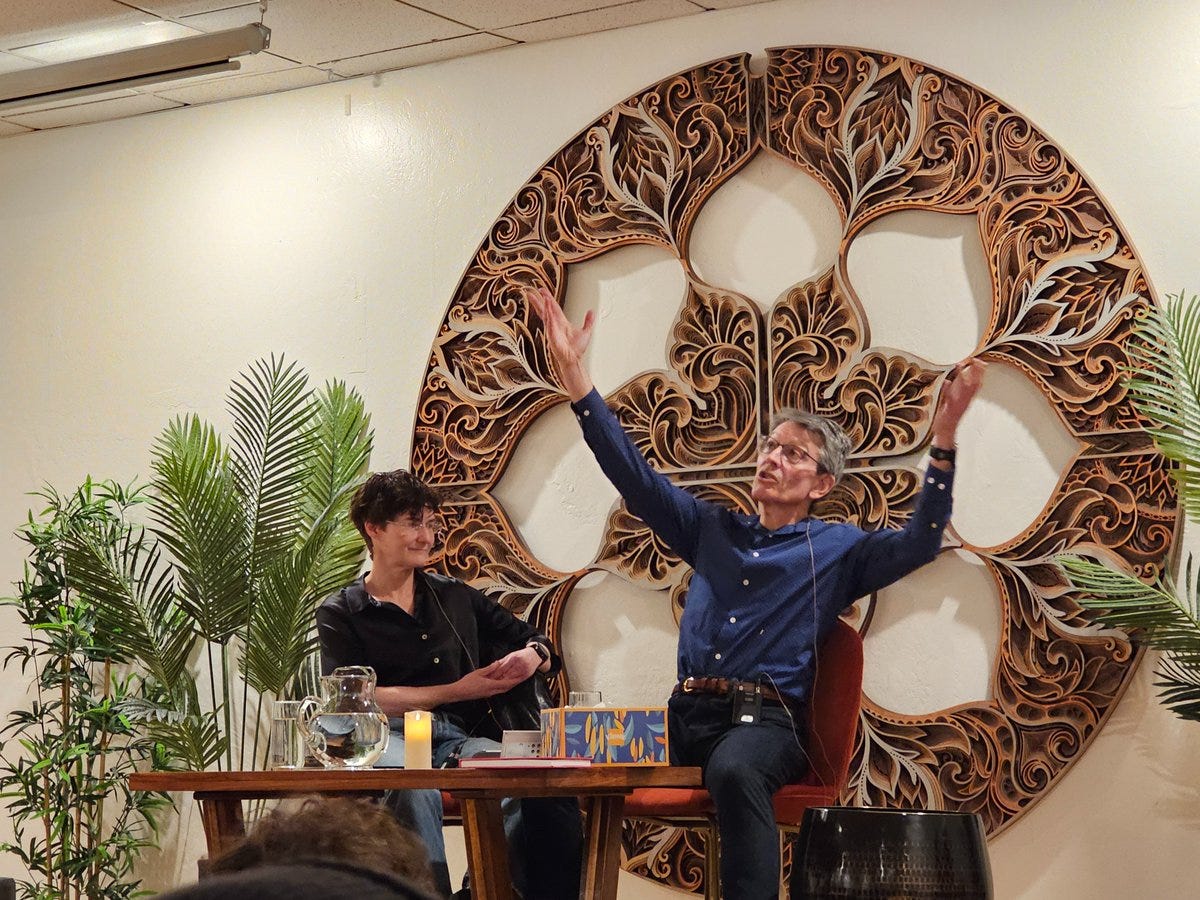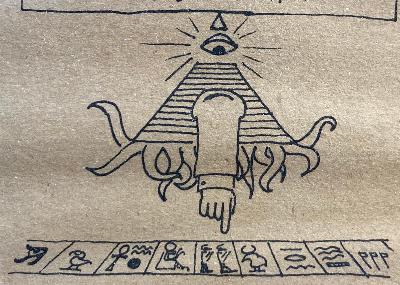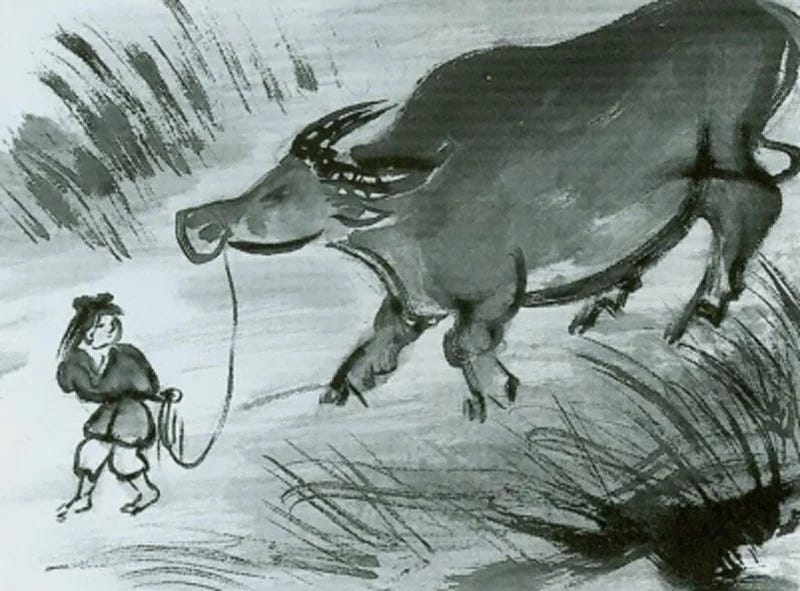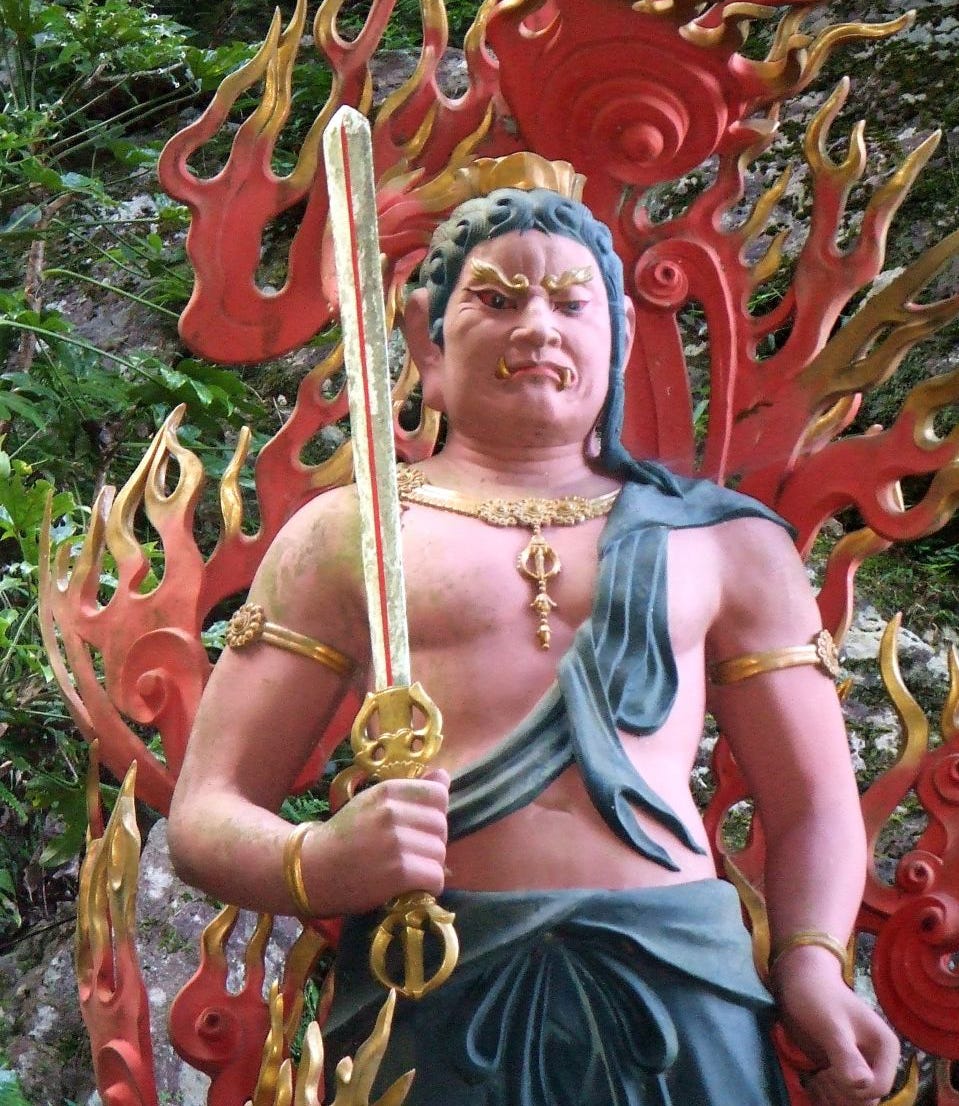Can enlightenment (or the complete stance) end suffering?
Description
There’s a wrong idea about the end of suffering. Probably wrong. I mean, maybe some people don’t suffer. I don’t know anybody like that.
Spiritual suffering is unnecessary, though. I have the recipe for eliminating it, and it works.
An audio recording of my long answer to a question, in a live Q&A session organized by Jessica B. three years ago. (Thanks Jess!)
Monthly Q&As
I’m doing Q&As like this monthly now. I don’t usually go on at such length! The next one is Saturday, September 21st, at 10:30 a.m. Eastern / 7:30 a.m. Pacific.
Links
Web links for some topics mentioned:
The “complete stance” acknowledges the inseparability of nebulosity and pattern. It’s formally analogous to some Buddhist conceptions of enlightenment, in which you recognize emptiness and form simultaneously.
Meaningness: the book. It’s free online, only about 20% written, and apparently useful in its current form.
Vividness, my take on Vajrayana Buddhism
Ngak’chang Rinpoche and Khandro Dechen
“Meeting Naropa’s Dakini”: an improbable story, on my site Buddhism for Vampires, that is as true as I could make it. In the audio, I misremember the title as “Meeting Tilopa’s Dakini”; she appeared to both Tilopa and Naropa (as well as to me).
Marpa, founder of the Kagyü School of Tibetan Buddhism
The charnel ground and the Pure Land. In the recording, I refer to the Pure Land as “the god realm,” which is inaccurate. In some versions of Buddhism they’re more-or-less the same thing, but not in Vajrayana.
“Misunderstanding Meaningness Makes Many Miserable”: In the recording, I say that Meaningness does not address suffering in general, only spiritual suffering specifically. This web page explains that briefly.
The book offers a method for ending what could be called existential, cosmic, or spiritual suffering. The whole book explains the method, with periodic, increasingly difficult summaries. The first is “Accepting nebulosity resolves confusions about meaning.”
“The novel that I wrote the first quarter of” is The Vetali’s Gift. It’s now about 40% done, and free online. Maybe I will finish it before I die.
The scene in which “the hero’s girlfriend is dying horribly” is “Love and Death.”
Transcript
Jess: What does it look like to feel shock, despair, et cetera, and still maintain the complete stance?
David: Right. I can give a Buddhist answer to this and I can give a Meaningness book answer to it. There’s a connection, and they’re also not the same thing. So you’ll get some sense of that, maybe, out of my two different answers.
So, some versions of Buddhism make a big deal out of suffering and say that Buddhism has the answer to suffering, and that if you do Buddhism right, then you won’t suffer. That might be true; I don’t know. I’m pretty skeptical. In the traditions that I’ve practiced Buddhism in, that’s not really the line. And my experience— I don’t have an experience of not suffering. I would say that meditating and practicing Buddhism does seem to lessen suffering and it changes your relationship with it.
I’ll tell a couple of stories that are relevant, and then do a theoretical thing.
So, my former teachers, Ngak’chang Rinpoche and Khandro Dechen, about 10 years ago their sixteen year old son got tongue cancer, which is a really unusual thing.
His tongue was surgically removed, which was horrifying. Unfortunately, they didn’t catch it early enough, and it metastasized, and he died slowly over the next nine months or so.
I wasn’t there for this, so this is second hand; but what people who I know well said about what they observed was that Ngak’chang Rinpoche and Khandro Déchen were obviously devastated. And that it was as horrifying for them as it would be for anyone. And at the same time that there was a clarity and spaciousness and acceptance in the way that they dealt with the situation, practically and also with their own suffering, that seemed extremely unusual.
They’re as much a candidate for enlightenment as anybody that I have known personally. And I don’t think they didn’t suffer.
This echoes a story. The most recent thing I wrote was called “Meeting Tilopa’s Dakini,” which is about a story of the founding of the most important lineage of Tibetan Buddhism, the Kagyü lineage. The lineage chant, it begins: “Great Vajradhara, Tilo, Naro, Marpa, Mila, Lord of Dharma Gampopa,” et cetera, et cetera. There’s Tilo, Naro-pa, Marpa. My story was about Tilopa and Naropa. Naropa was the one who met the dakini, who I met in a Starbucks in San Francisco 1300 years later. His primary student was a Tibetan named Marpa. Marpa founded this most important branch of— politically most important branch of Tibetan Buddhism. (It’s not the one that I primarily practice.)
Marpa, when he was in his fifties, his son, who was about thirty, died of some illness, and his son was going to be his successor, carry on the lineage. Instead, the chant goes, Marpa, Mila; Milarepa was the continuation of the lineage.
When his son died, Marpa spent weeks being miserable and crying and wailing and making a big fuss and being miserable. And people said, “Oh, Marpa, we thought you were enlightened. Why are you miserable? You’re supposed to have gone beyond suffering!”
I think his answer was basically “f**k off!” I can’t remember. You know, there’s some sort of a story about what he said. But again, the point is, he’s regarded as one of the most enlightened people in Tibetan history. So, your son dies, you’re going to be miserable for a few weeks!
And it’d be, you know, if enlightenment meant that your son dies horribly and you say, “Oh, okay, whatever. You know, what’s for lunch?” It would seem like there was something wrong, actually.
So, I think there’s a wrong idea of the end of suffering. Probably wrong. I mean, you know, maybe some people don’t suffer. I don’t know anybody like that.
On the other hand, there’s this sense, that Ngak’chang Rinpoche and Khandro Déchen apparently manifested, of having space around the suffering, having clarity about the suffering, and not inflicting that suffering on everybody else. Meditation seems to tend to do that for you, just kind of automatically; but there are specific practices that are relevant to that.
One that I’ve written about is a pair of practices. They’re written about as separate practices, but I recommend taking them together, which is the charnel ground and the god realm. And the charnel ground is the practice of viewing all experience as an absolute nightmare. And if you see everything as an absolute nightmare, an extremely claustrophobic situation in which you can’t escape horror, that can open out into a sense of freedom in the middle of a nightmare, because there is no hope of escape.
It’s the sense that somehow what is happening is wrong, and it shouldn’t be like this, and if things were different, and blah, blah, blah, blah. That line of thinking is not helpful. It’s extremely natural, I do it all the time; but to the extent that you can let go of that kind of thinking, that’s a productive way of dealing with negative valence.
The paired practice is the god realm, which is one of seeing everything as perfect just as it is. That reality can’t be improved upon, and that the seemingly horrifying aspects of experience are actually— There is a kind of crystalline perfection to things playing out the way that they do, however that is.
Neither of these are





